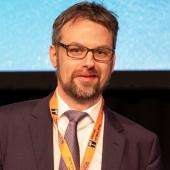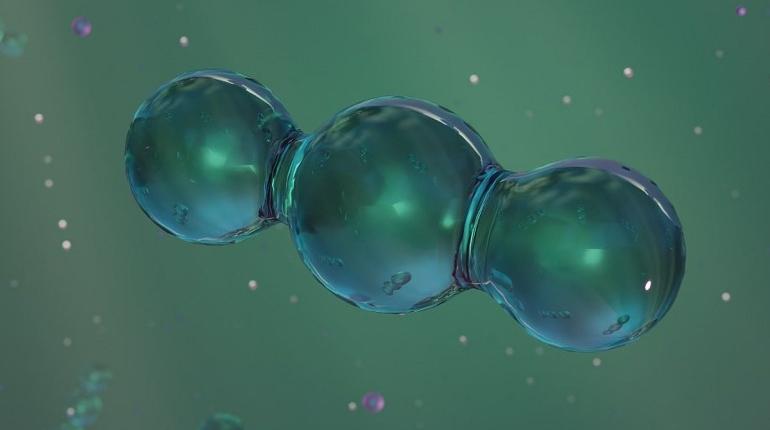Integrity Management and Operational Challenges of CO2 Pipelines in the Energy Transition
Background
This course provides a comprehensive exploration of the current and future role of Carbon Capture, Utilization, and Storage (CCUS) in the energy transition, focusing on the complexities and technical challenges of CO2 transportation. Participants will gain an understanding of the existing CO2 pipeline infrastructure, the impact of impurities in CO2 streams, and the integrity threats faced by CO2 pipelines. Key topics include internal corrosion, fracture control, and the implications of impurities on pipeline operations. Through case studies and practical examples, the course will also cover the latest research, applicable codes, and best practices for effective integrity management and in-line inspections.
This course is designed for engineers, project managers, and professionals involved in CCUS and pipeline operations, offering them the knowledge and tools necessary to ensure the safe and efficient transport of CO2 in the evolving energy landscape.
Learning Objectives:
By the end of the course, participants will be able to appreciate:
- The role of CCUS in Energy Transition: Understand the significance and current projects of CCUS in reducing carbon emissions.
- The impact of CO2 Stream Impurities: Identify and assess the operational challenges posed by impurities in CO2 streams.
- Integrity Threats in CO2 Pipelines: Analyze key integrity threats, including chemical reactions, internal corrosion, and fracture control.
- Integrity Management Practices: Review code landscapes, CO2 specifications, and methodologies for in-line inspections and repurposing pipelines.
- Lessons from Integrity Incidents: Evaluate past integrity incidents and ongoing research to inform better management strategies.
Agenda
- Current role of CCUS in the energy transition, and economic landscape, highlighting CO2 transportation pipeline current infrastructure / ongoing projects with an emphasis on CO2 source ‘pure’ vs anthropogenic
- Impurities in CO2 stream vs sources
- Diagram of CO2, and properties. Impact of impurities – what does it mean for operations
- Key Integrity threats in CO2 pipelines and impact of impurities, with the emphasis on the following. Considerations of ongoing learnings from research and gaps, applicable codes, will be highlighted:
- Summary of potential chemical reactions between impurities for the formation of a separate acid phase in dense CO2
- Internal corrosion
- Time-dependant crack threats
- Fracture control
- Integrity experience and incidents– what does it tell us?
- Integrity management
- Code landscape
- CO2 Specifications – aim, challenges, project examples
- In-Line inspections in dense CO2: key considerations
- "Change of service" (repurposing) considerations
Pre-School
Before your training on the begins, ROSEN's Competence Club, the premier learning and collaboration platform for the pipeline industry, is available for your use at no additional cost. This platform provides four complimentary pre-seminar e-learns that are designed to support you in acquiring the prerequisite knowledge for the course and enhancing your awareness level skillset. The e-learn training can be completed at your own pace and at a time that is convenient for you.
Target Group
If you're an engineer, a regulator, inspector, integrity consultant, or compliance officer looking to expand your knowledge of emerging fuels at a foundational level, this course is perfect for you. Additionally, as a cohort member, you'll have access to ROSEN's Competence Club, which provides awareness-level e-learns to prepare you for the session.
Seminars Contact


